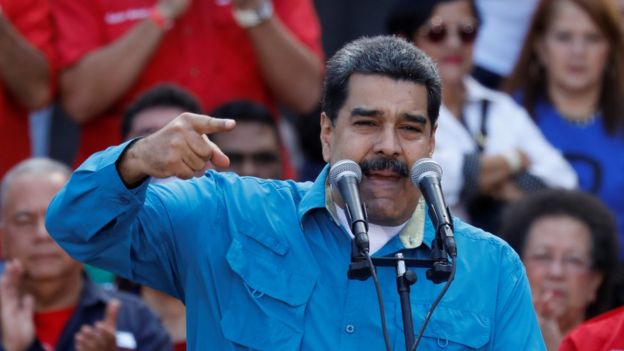Google is working on blockchain-related technology to support its cloud business and head off competition from emerging startups that use the heavily-hyped technology to operate online in new ways, according to people familiar with the situation.
The Alphabet Inc. unit is developing its own distributed digital ledger that third parties can use to post and verify transactions, one of the people said. Although the timing of any product release is unclear, the company plans to offer this to differentiate its cloud service from rivals. It will also provide a white-label version that other companies can run on their own servers, the person added.
Several people in Google’s infrastructure group, which reports to cloud chief Diane Greene, have been tinkering with blockchain protocols in recent months, according to another person familiar with the company. Other Google insiders said recently that the cloud business is a natural place for blockchain-related services. The people asked not to be identified talking about the subject because the company isn’t ready to make an announcement yet.
“Like many new technologies, we have individuals in various teams exploring potential uses of blockchain but it’s way too early for us to speculate about any possible uses or plans,” a Google spokesman said.
In 2016, Google
started a trial for developers testing blockchain services on its cloud. The company is now exploring much more expansive ways to deploy the technology, the people said.
Digital ledgers like blockchain power Bitcoin and other cryptocurrencies. They are databases that are updated regularly across thousands of computers over the internet. Each entry is confirmed by these machines, which can be part of public networks or run privately by companies. There are different kinds of digital ledgers -- blockchain is only one. Data crunched by this technology range from transactions to supply-chain updates to digital cats.
Still, the company is an internet pioneer and has long experience embracing new and open web standards. To build its ledger, Google has looked at technology from the Hyperledger consortium, but it could opt for another type that may be easier to scale to run millions of transactions, one of the people familiar with the situation said.
"Any time there’s a paradigm shift like this, there’s an opportunity for new giants to emerge -- but also for incumbents to adopt the new approach," said Elad Gil, a startup investor who worked on early mobile projects at Google more than a decade ago.
When Alphabet wants to keep up with emerging technology, it often backs startups in the field and makes small acquisitions to recruit talent. GV, Alphabet’s venture capital arm, has invested in wallet service Blockchain Luxembourg, financial transactions network Ripple, cryptocurrency asset management platform LedgerX, international payments provider Veem and the now-defunct Buttercoin, according to CB Insights.



